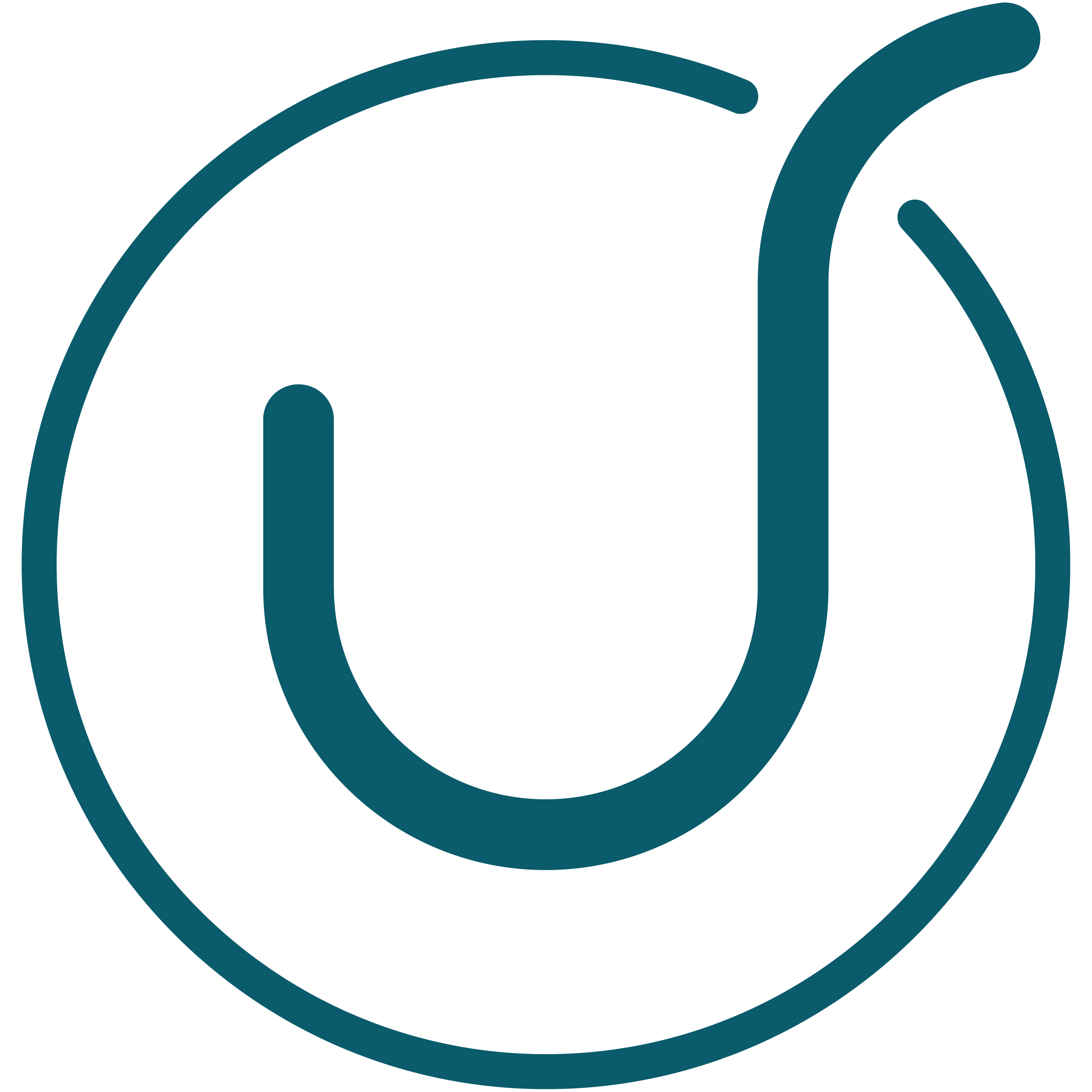
Creature of habit? Understanding the cues, rewards and routines that form the habits of a lifetime
By Carolyn Quainton in Emotional Intelligence, Inspiration, Resilience, Training
‘All our life, so far as it has definite form, is but a mass of habits.’
– William James, 1892
Habits shape our lives – often more than we realise. In uncertain or fast-changing times, understanding these automatic behaviours becomes even more important.
Charles Duhigg, in The Power of Habit, defines habits as “the choices that all of us deliberately make at some point, and then stop thinking about, but continue doing, often every day.”
Research suggests that around 40% of our daily actions take place in the same environment and follow the same routines, not as conscious decisions, but as habits. Although it may feel like we’re making intentional choices throughout the day, much of what we do runs on autopilot. Our brains create habits to conserve energy and reduce decision fatigue.
The habit loop: cue, routine, reward
Duhigg describes a simple but powerful three-step loop that underpins every habit:
Cue – a trigger that signals the brain to act automatically (e.g. the ping of a new email notification)
Routine – the behaviour itself, which can be physical, emotional or mental (e.g. checking your inbox)
Reward – the positive outcome that reinforces the loop (e.g. satisfaction from staying on top of tasks)
As this loop repeats, it becomes increasingly automatic. The brain starts to anticipate the reward, and the cue begins to spark a sense of craving. That’s why, without thinking, we often check our phones or emails the moment we hear a notification, even when we have more important tasks to focus on.
Once a habit takes hold, the brain stops fully engaging in the decision-making process. It shifts attention elsewhere, unless we intervene. To change a habit, we must consciously disrupt the routine, while keeping the cue and reward in place. This approach helps us build healthier behaviours that stick.

Once a habit takes hold, the brain stops fully engaging in the decision-making process. It shifts attention elsewhere, unless we intervene. To change a habit, we must consciously disrupt the routine, while keeping the cue and reward in place. This approach helps us build healthier behaviours that stick.
When habits form without consent
Many of our habits form passively. We didn’t set out to rely on takeaways for dinner or scroll endlessly before bed – but over time, these routines took root. The good news? We can change them.
By identifying the cue, the behaviour, and the reward, we gain insight into our habits. This awareness builds emotional intelligence and strengthens resilience. From there, we can design new patterns that better support our goals, at home and at work.
A new opportunity for behaviour change
The COVID-19 pandemic has shaken up our routines and forced many of us to work and live differently. Although this disruption has brought challenges, it has also created space for reflection and reset.
We now have a rare opportunity to reshape the habits we’ve outgrown – and replace them with ones that promote wellbeing, focus, and positive organisational change. Consider what new routines would support your personal growth or your team’s performance. Which behaviours align with your values? Which habits would strengthen workplace wellbeing or boost collaboration?
Reinforcing these new behaviours through training, reinforcement and shared values can help embed them across your organisation.
To explore how we can build collective resilience and develop habits that serve us better, read last month’s post: Making Resilience Routine – a guide to creating a workplace culture of willpower and adaptability.
Talk to us, explore our website, read our blog, and follow us on LinkedIn to learn more and discover ways to grow a more successful business.


